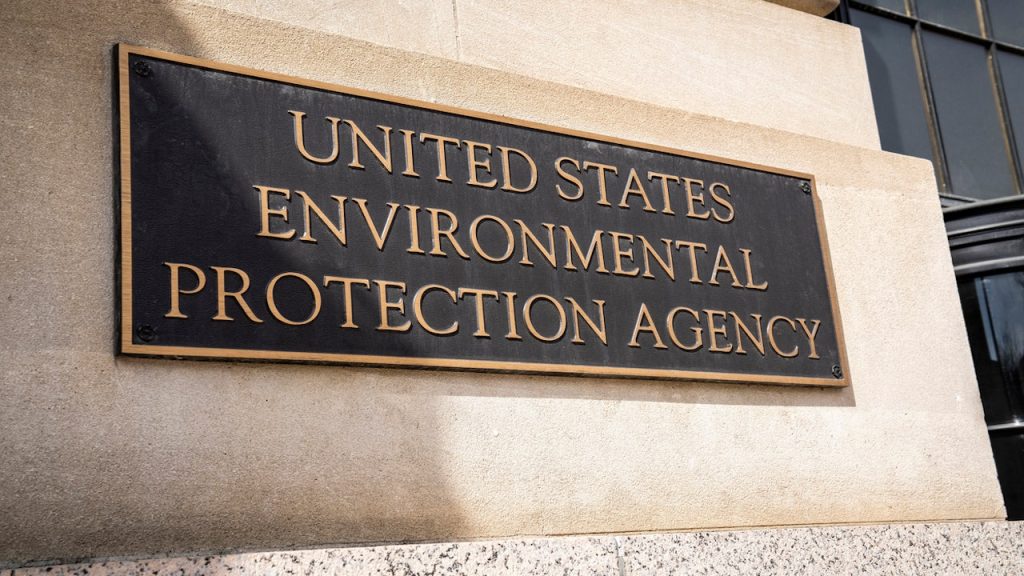The U.S. Environmental Protection Agency has rejected Alabama’s proposal to take over coal ash regulation, citing concerns about the state’s plan not adequately protecting people and waterways. The agency stated that the state’s proposal was not as protective as required by federal regulations and did not address groundwater contamination during the closure of coal ash units. EPA Administrator Michael S. Regan emphasized the importance of protecting people from exposure to pollution like coal ash, which can cause cancer risks and other serious health issues.
Coal ash is the residue left behind when coal is burned to generate electricity and contains contaminants such as mercury, chromium, and arsenic that are linked to cancer and other health problems. While states have the option to oversee coal ash disposal, they must meet minimum federal requirements. The Alabama Department of Environmental Management is reviewing the EPA’s decision and will comment on it later. The EPA had previously warned that it was likely to reject Alabama’s program due to deficiencies in the state’s permits regarding closure requirements for unlined surface impoundments, groundwater monitoring, and corrective actions.
Environmental groups such as the Southern Environmental Law Center and Mobile Baykeeper praised the EPA’s decision, calling it a victory for clean water in Alabama. Cade Kistler of Mobile Baykeeper stated that the EPA’s denial emphasizes the community’s stance that leaving toxic coal ash in unlined leaking pits near rivers is unacceptable. The rejection of Alabama’s proposal highlights the importance of ensuring that coal ash disposal is done in a way that protects both people and the environment from harmful contaminants.
This decision by the EPA is part of a larger effort to address concerns about coal ash disposal across the country. Coal ash has long been a contentious issue due to its potential health and environmental risks, prompting increased scrutiny and regulation in recent years. By denying Alabama’s proposal, the EPA is sending a message that states must meet strict standards when it comes to overseeing coal ash disposal to prevent contamination and protect public health. This decision reflects the agency’s commitment to safeguarding communities from harmful pollution and enforcing regulations that prioritize the well-being of all residents.
Moving forward, Alabama will need to revise its coal ash regulation plan to meet the EPA’s standards and ensure that it adequately protects people and waterways from contamination. This process may involve strengthening permits for closure requirements, implementing more robust groundwater monitoring measures, and establishing clear guidelines for corrective actions. By working with the EPA to improve its coal ash oversight program, Alabama can demonstrate its commitment to environmental protection and community health while meeting federal requirements for safe coal ash disposal. This rejection serves as a reminder to all states that the EPA will not tolerate lax regulations when it comes to managing hazardous materials like coal ash.


